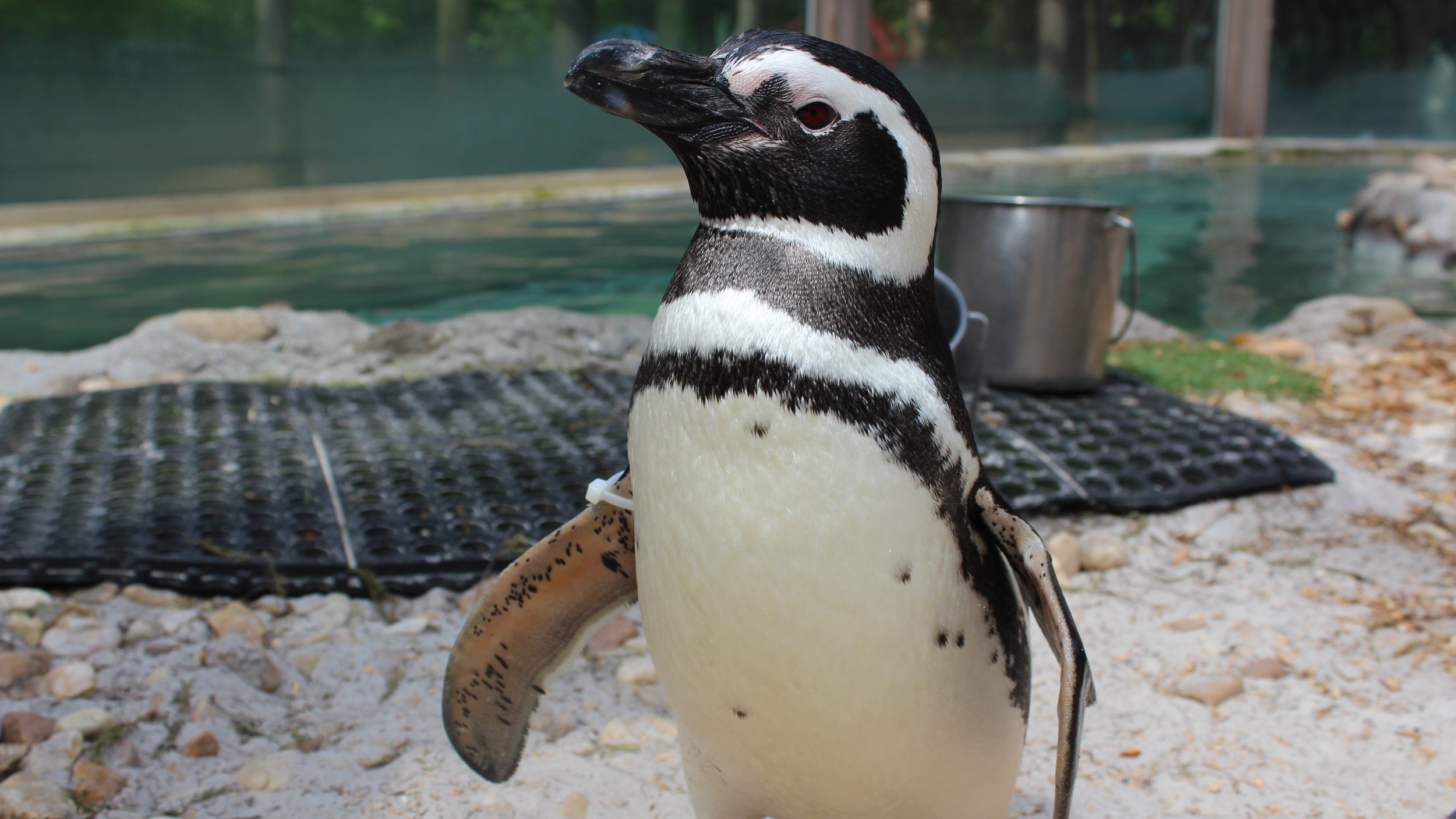
What’s good for the penguins is good for the humans
Katherine uses her research to educate the public on their role as everyday conservationists. She aims to inspire people to champion penguin conservation with the understanding that what’s good for the penguins is good for the humans.
Katherine has loved penguins for as long as she can remember. They help her understand the world and contextualize challenging behavior. Understanding penguins, and the Antarctic ecosystems many of them call home, brings her closer to herself.
The more she learned about penguins, the more she wanted to know, infodumping everything she learned on anyone who would listen. As an adult, she still infodumps on anyone who will listen, but now under the titles of penguinologist and science communicator.
Katherine demystifies highbrow research papers to a lay audience inspiring folks to become everyday conservationists.
Research
-
Subspecies, mtDNA and Climate Change
Katherine’s capstone research focuses on identifying correlations between captive and endemic Gentoo penguins’ phylogenetic trees via analyses of their mtDNA and observable behavior. She hopes her research will create more successful breeding programs that prepare Gentoo penguins for potential reintegration into the wild. Katherine is most fascinated by the development of sub-species in captivity and understanding the role climate plays in DNA adaptations.
-

Sexuality & Breeding Outcomes
Katherine is interested in penguins’ breeding and parenting behaviors, specifically as they pertain to extra-paternity pairs, same-sex social pairings and penguins who raise non-biological chicks. She is especially curious about the role extra-paternity pairs play in sub-species development, and the positive social impacts same-sex social pairs and “adoptive” parents play in the preservation of the most vulnerable species.
-

Sentinel Species
Katherine aims to understand penguins’ roles as a sentinel species. She hopes to use her combined interests in mtDNA and breeding behaviors to identify patterns between climate change and penguins’ ability to thrive in the wild. Katherine synthesizes data collected across multiple studies to understand how penguins function as proverbial canaries in the coal mine.
IN THE MEDIA
What penguins can tell us about climate change?
Katherine was interviewed on WJCT’s flagship program First Coast Connect about penguins’ roles as sentinels of the marine environment and climate. She talked about how they predict the rate and nature of climate change and provide insights into patterns of ocean productivity and long-term climate variation. Surveying these climate changes is important to the climate of coastal cities like Jacksonville.
Antarctic Ambassador
Katherine is an Antarctic Ambassador in partnership with the International Association of Antarctica Tour Operators. She advocates for ethical tourism and educates folks on how they can preserve Antarctica from home.
#100PolarWomen
Katherine was honored as one of Women in Polar Science’s #100polarwomen for her work as a science communicator. “Katherine brings Antarctica closer to the public through both her work as an environmental journalist and documentary filmmaker. Studying the ice and its natives (penguins!) has brought her closer to herself.”
Awards & Recognitions
-
Katherine was honored as an Antarctica Ambassador among others who advocate for ethical travel to Antarctica.
-
Katherine was recognized as a leading science communicator among 100 global women in polar employment, both polar science and non-academic polar roles. The distinction is sponsored by the Curtis and Edith Munson Foundation, The Ocean Foundation for acting as the US fiscal sponsor, and the Scientific Committee on Antarctic Research (SCAR).


